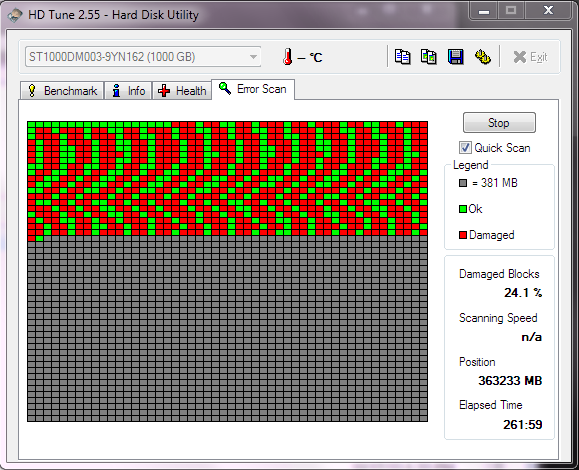HardOCP News
[H] News
- Joined
- Dec 31, 1969
- Messages
- 0
Seagate Technology, a world leader in storage solutions, today announced it is shipping the world’s first 2TB, 7mm hard disk drive (HDD)— the Seagate® Mobile HDD. This ultra-high capacity mobile hard drive is the lightest, fastest and most power efficient 7mm drive in the industry, enabling a richer and more rewarding experience for users without compromising demand for laptops that are slim, light, and powerful. Weighing just 3.17 oz., the diminutive Mobile HDD is 25 percent lighter than the previous generation of mobile hard drives. A smaller 7mm drive frees up valuable space in a mobile device to accommodate additional designed-in features, such as bigger batteries, more memory and better air circulation.
![[H]ard|Forum](/styles/hardforum/xenforo/logo_dark.png)



